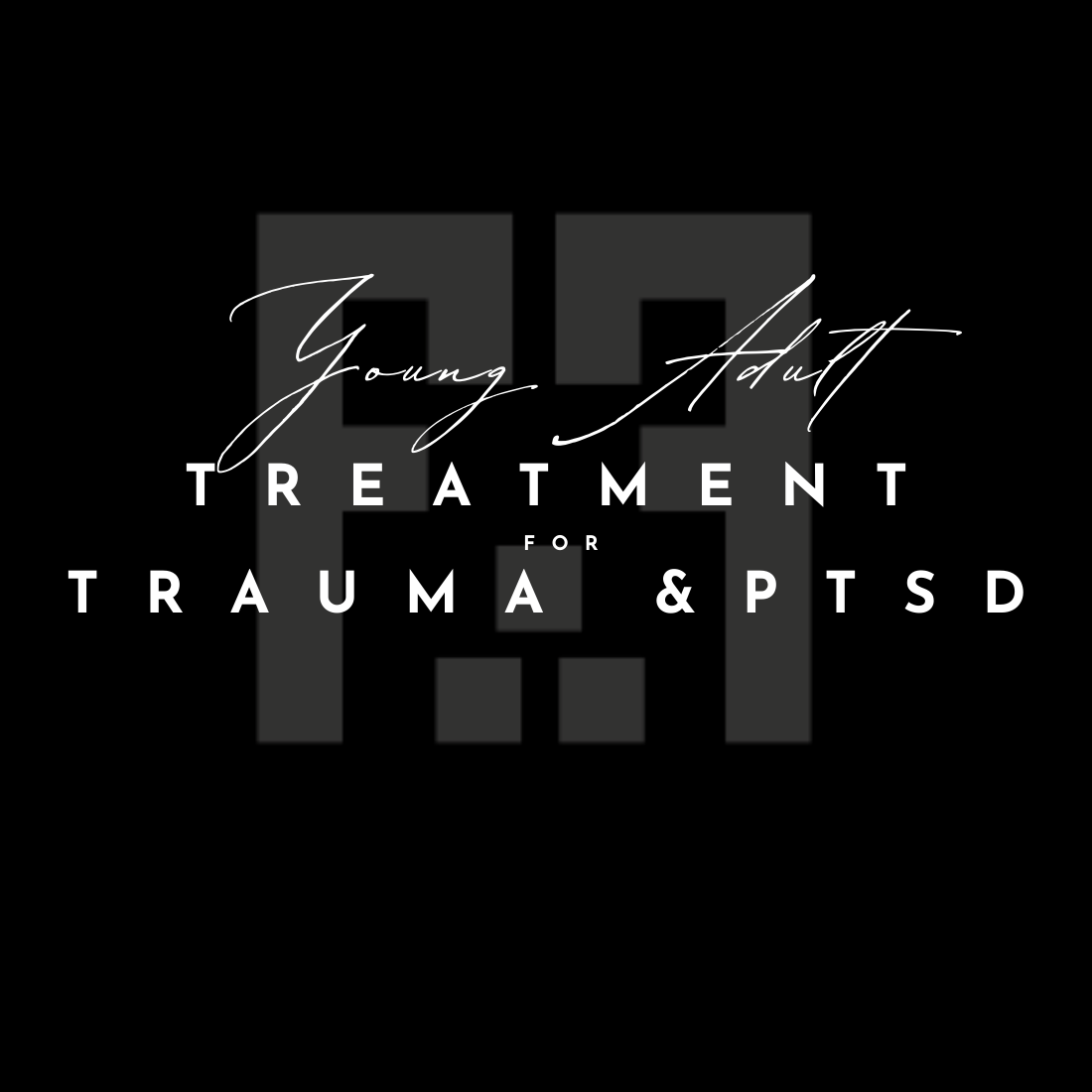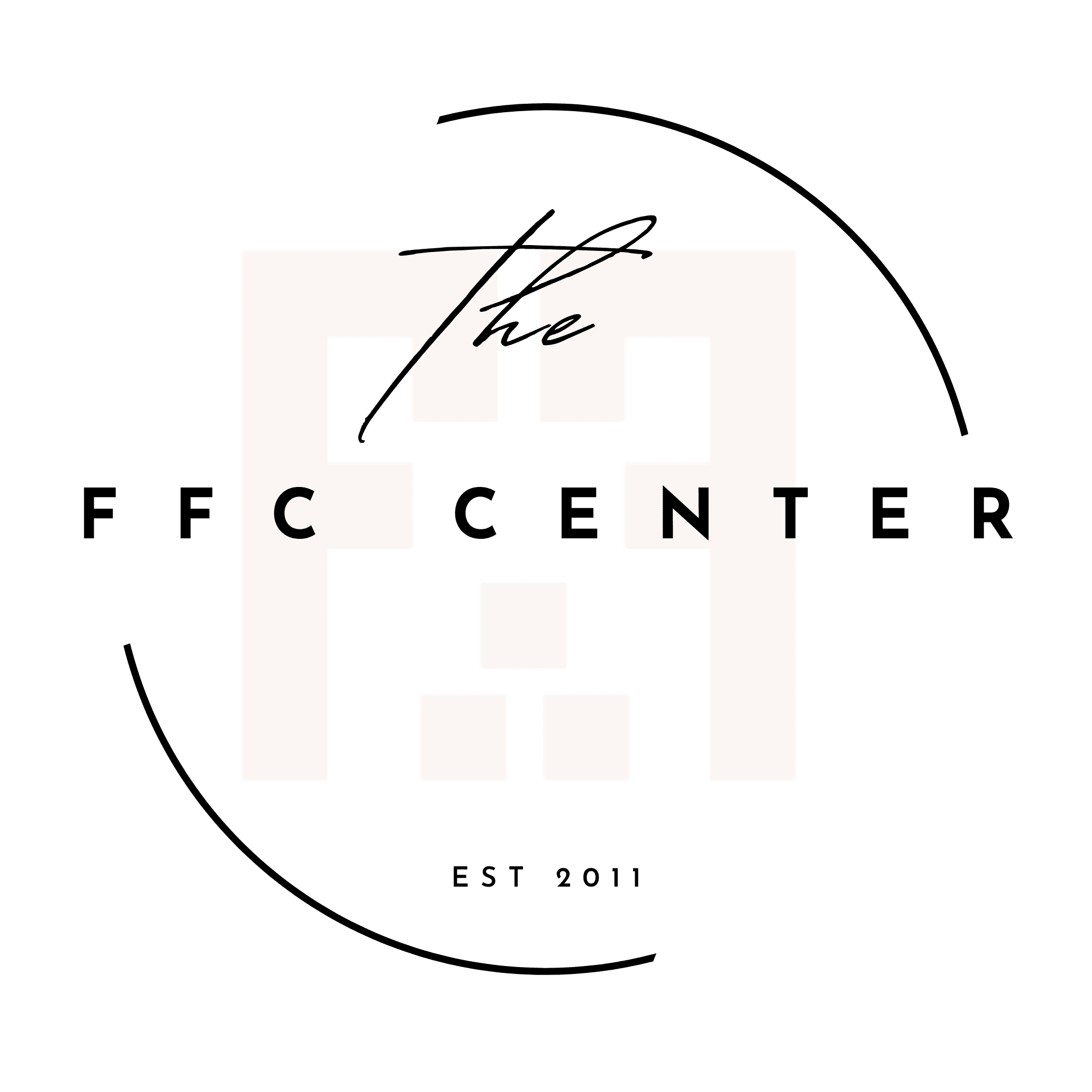9 tips for Navigating Family Challenges:
A Guide for Young Adults
Introduction: Family Issues
Family dynamics can be complex, especially for young adults navigating the intricate web of relationships, insecure attachments, low self-esteem, and anxiety. In this blog post, we’ll explore practical tips to help you cope with these challenges and foster healthier connections within your family.
1. Communication is Key: Open and honest communication forms the foundation of any healthy relationship. Express your thoughts and feelings calmly, emphasizing “I” statements to avoid blame. Encourage family members to share their perspectives as well, fostering a more understanding environment.
2. Seek Professional Support: If the challenges persist, don’t hesitate to seek professional help. Therapists and counselors can provide a neutral space for all family members to express themselves and work towards resolution. Professional guidance can offer valuable insights and coping mechanisms.
3. Establish Healthy Boundaries: Setting clear boundaries is crucial for maintaining a healthy balance in relationships. Communicate your needs and expectations, and be assertive in enforcing boundaries that protect your emotional well-being. This doesn’t mean shutting people out but creating space for mutual respect.
4. Build Self-Esteem: Low self-esteem can exacerbate family challenges. Focus on building your self-esteem by acknowledging your strengths, setting realistic goals, and practicing self-compassion. As you strengthen your self-worth, you’ll be better equipped to handle difficult situations.
5. Prayer & Meditation can be a powerful tool for managing anxiety. Incorporating these practices into your daily routine, can help you stay grounded and approach family interactions with a calmer mindset.
6. Choose Your Battles: Not every disagreement requires a confrontation. Learn to discern between issues that warrant discussion and those that can be let go. This strategic approach can minimize unnecessary conflicts, creating a more harmonious family atmosphere.
7. Foster Empathy: Cultivate empathy towards your family members, understanding that everyone has their struggles and perspectives. Empathy promotes compassion, which can bridge gaps and strengthen connections within the family.
8. Build Support Networks: Don’t hesitate to lean on friends or mentors for support. Sharing your experiences with trusted individuals outside the family can provide valuable insights and emotional support. A strong support network can be a crucial lifeline during challenging times.
9. Prioritize Self-Care: Taking care of your physical and mental well-being is paramount. Ensure you get enough rest, exercise regularly, and engage in activities that bring you joy. Prioritizing self-care enhances your resilience in dealing with family challenges.
Conclusion: Navigating family relationship problems, insecure attachment, low self-esteem, and anxiety is undoubtedly challenging, but not insurmountable. By fostering open communication, seeking professional support when needed, establishing healthy boundaries, and prioritizing self-care, young adults can cultivate stronger, more resilient family connections. Remember, personal growth is a continuous journey, and these tips are just a starting point towards building healthier and more fulfilling relationships within your family.

Young adults aged 18-32 with a history of trauma can face unique challenges that impact various areas of life. We provide a holistic approach to mental health, addressing PTSD, anxiety, depression, and mind-body issues through comprehensive evaluations, individualized counseling, private community and recovery resources, and EMDR Intensives. Want to learn more?
About the Author

Shahidrah Cowgill, PhD(c), LPC-S, NCC
Clinical Director
Shahidrah is the founder of Fundamental Foundations Counseling Center, where innovative and community-oriented solutions help clients in need of comprehensive trauma recovery treatment. She specializes in advanced and intensive EMDR strategies to help people find lasting relief after complex trauma-related experiences.
Want to learn more about our trauma treatment and support services?
Access Comprehensive Trauma Recovery Care

